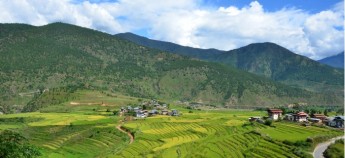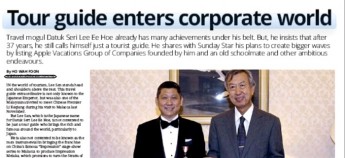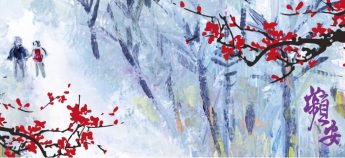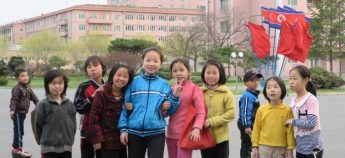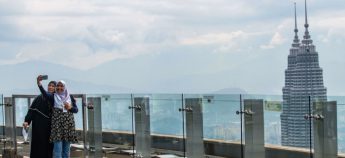The world has changed – it’s something that comes to our mind very often. Undeniably, the world is now a melting pot of cultures.

Well, what is national identity?
On the streets of New York, London, Sidney, Singapore, Hong Kong, Dubai or any major cities of the world – the so called “locals” that we met are not the authentic locals anymore. Tourists who are out to experience the Australian culture in Sidney or savour a wacky scene in Singapore or get a taste of Malaysian life in Bukit Bintang we will more often than not bump into foreigners instead of locals.
Like it or not, this is the actual scenario. The very local of locals are fast disappearing and the local scene is being taken over by immigrants. They are a multitude of nationalities with PR, work permits, study permits, and whatnot. They have become a part of the societies in Sidney, Singapore, London, Kuala Lumpur and many other major cities. These immigrants are playing more important roles in our societies and soon we will be relying heavily on them in our daily lives. This can be seen in the hospitality and hygiene sectors where migrant workers are taking up positions in the front line service. So much so that when tourists visit the hawker stalls at Jalan Alor, they would assume that these people who serve them are locals.
The world has changed – it’s something that comes to our mind very often. Undeniably, the world is now a melting pot of cultures.
Initially, when we travel, we found interest in exploring the culture of the people who are native to the country. Then came countries like Australia, UK and the US where the vast immigrant communities congregate in places like Chinatown, Italian street, Middle Eastern hub, Little India, etc which eventually became tourist attractions. Behind these touristy streets are the migrants who despite having to adapt their lives to the new culture are also adamant in retaining their root culture. Their architecture, food and lifestyle are some of the things that they are able to retain. When it comes to their 2nd and 3rd generation off-springs, they are likely to be a breed of “banana” generation. (“Banana” generation refers to people who are weak in their own mother tongue and culture.) These are the people who have blended well into the melting pot of multi-cultural lifestyle. This is what we learnt in our travels that under the proper education and policies of a country, the future generations of immigrants can be groomed to be “desirable” citizens.
In recent years, the immigration policies in various countries have changed. For example, Singapore has accepted more than a million migrants from mainland China. In Finland, there is a growth in mixed second generation due to marriages with Thai and Vietnamese brides. Australia, USA and UK are retain graduates from higher learning institutes by issuing PR to them. The Middle East countries attract the migration of Indian expertise with their work permit PR. The mass influx of migrants could be a potential source of social crisis. However, from the tourism point of view it is a potential for a new social phenomenon despite having to suffer the loss of an authentic culture.
When I boarded a cab in Manhattan, USA, the driver is a Tanzanian. When I sat in a coffee shop in Singapore, the waiter is a mainland Chinese. When in Qatar, almost all the services including the
tourism industry are run by migrant workers from more than 30 countries. It is even more obvious in the major cities of Australia. As I walk down the streets in these cities, I felt as though I was in Singapore.
Due to this reason, many countries have lost their authentic identity. In the course of our travels, we would definitely need to leverage our expectations. Otherwise, we have to slot in an additional itinerary to visit a cultural village specifically built to showcase the local culture.
全球超过80000家酒店,Apple101助您轻松订房,出行无忧,绝对优惠价。入住期间付款,多数客房可免费取消!


